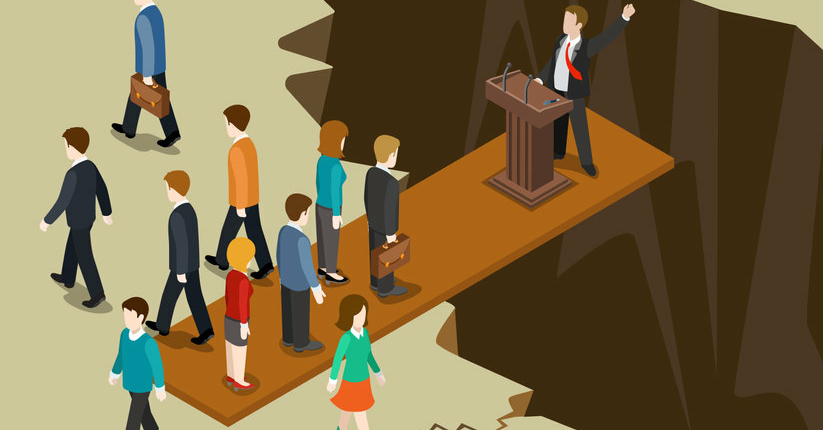According to John Stuart Mill “The ability to see oneself critically is enrooted only in societies that allow for a free exchange of views” (Consideration of representative Government, 1861) and in practice it is solely the democratic society doing this. Alexis de Tocqueville uses the concept of democracy in a narrower political sense as a decision-making system based on the choice of majority and equality of politically led individuals, according to him “there is nothing that does greater deeds than a consolidated democracy” (De la démocratie en Amerique, 1969, p. 32), while great deeds require human qualities arising only in a free democratic society.
The issue of democracy arises as a practical matter of the relationship between the state organization which governs and the people on whose behalf it governs. In this exercise of essential power is for the people to have their own will which they determine themselves and which, of course, is not imposed by the state and “Any action of the state power must be governed in advance by law” (Hans Kelzen, General Theory of Law and State), thus, the citizen in the rule of law state achieves an enviable legal position, achieves the rights and freedoms that belong to the individual, and we hereby understand the irreplaceable role of rule of law (law) which is the only guarantee against arbitrariness, and we come to understand this by the expression of Niccola Machiavelli “Conditions that must be met in order not to feel the arbitrary power of others is governance according to the law” (Discorsi, book 1). However, to achieve this, laws must be feasible in practice otherwise it does not matter if they are error-free, and most importantly “Legislation should apply to everyone” (Zh. Russo, Du contract social) whereas the form of political regime, having rule of law as one of its highest values, is a democracy, a system widely recognized in the time we live in.
Democracy as such includes high values and various elements which enrich it as a notion or vice versa if such elements are poor, of course, democracy will be in itself duller.
In a democracy, the citizen is a free subject enjoying rights and freedoms and must take into account his or her demands and initiatives must take into account. Where human rights and freedoms are provided for by constitutional legal provisions, and they are mainly enforced in practice, we can say that we are dealing with democracy, because it allows for constitution and enforcement of people’s political will.
Hence, democracy is an ideal of social structure that represents a certain social opinion based on the values of freedom, equality and human rights where individuals and social groups express their will to achieve their aspirations and goals through these democratic values.
To this end, the term democracy is considered a social movement, as a system enabling the integration of individuals in various social and political areas. Finally, we can say that individual and social freedom and progress has a name: democracy, which embodies the highest social values.








